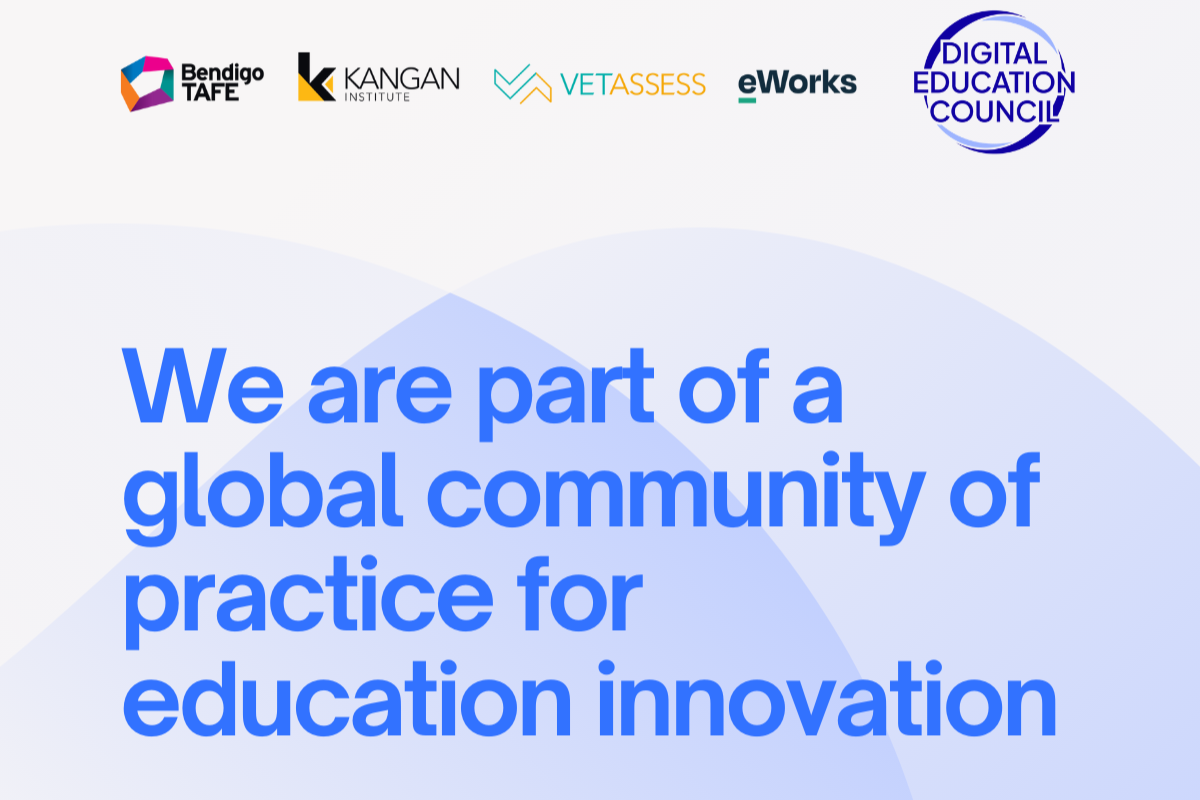Campuses
Kangan Institute Blog
Nursing: What Does It Really Take?
Nursing is often described as one of the most rewarding and impactful careers in healthcare, but what does it really take to become a successful nurse?
While many people think of the technical skills involved, there’s so much more to nursing than clinical knowledge. It requires a unique combination of practical ability, emotional resilience, critical thinking, and compassion. Let’s explore what it truly takes to excel in this challenging yet fulfilling profession.
The Right Education and Training
At its core, nursing demands strong educational foundations and hands-on clinical training. If you’re aiming to become an enrolled nurse (EN), you’ll need to undergo formal education through the Diploma of Nursing (HLT54121) course. This course with provide you with the technical skills, such as how to administer medication, perform basic procedures, and understand patient care protocols.
At Kangan Institute, students engage in both classroom learning and clinical placements to build the competencies needed to enter the nursing workforce. It’s essential to not only pass your assessments but also demonstrate proficiency in real-world healthcare settings.
Empathy and Compassion
While the technical side of nursing is critical, empathy is the heart of nursing care. Patients often come to nurses at their most vulnerable moments, whether they’re sick, in pain, or frightened. Being able to understand and respond to their emotional needs is just as important as treating their physical ailments. Compassion helps build trust, comfort patients, and provide emotional support to both patients and their families during difficult times.
Strong Communication Skills
Effective communication is key in nursing. Nurses act as the bridge between patients and doctors, so being able to clearly and accurately communicate patient needs, medical conditions, and treatment plans is essential. Good communication ensures that patients receive the correct care, that they fully understand their health conditions, and that their concerns are addressed. Listening to patients and their families is just as important as speaking—nurses need to be active listeners to pick up on details that might affect care.
Emotional Resilience
Nursing can be emotionally taxing. Nurses often work in high-pressure environments and deal with difficult situations, including life-threatening conditions, patient loss, and emotional exhaustion. Emotional resilience is crucial for maintaining mental well-being while continuing to provide the best care possible. Nurses must learn to manage stress, cope with emotionally charged situations, and recover quickly from challenging experiences to avoid burnout.
Adaptability and Quick Decision-Making
Healthcare is fast-paced and unpredictable. Nurses must be able to adapt to ever-changing situations and think on their feet. Whether it's an emergency in the ER, a sudden change in a patient’s condition, or a high-stress situation in a busy ward, nurses need to make quick, informed decisions while keeping their cool. This adaptability is vital in ensuring patient safety and delivering the best outcomes in unpredictable environments.
Attention to Detail
Nurses are responsible for carrying out a variety of tasks—monitoring vital signs, administering medications, managing patient records—all of which require impeccable attention to detail. Even a small error could have serious consequences for a patient’s health. Ensuring accuracy in everything you do, from dosage calculations to patient documentation, is a key trait of an excellent nurse.
Physical Stamina
Nursing is a physically demanding job. It often involves long hours, lifting patients, standing on your feet for extended periods, and dealing with the physical rigours of emergency care. Physical stamina is required to manage these demands while still delivering high-quality care throughout long shifts. Many nurses work 12-hour shifts, sometimes overnight, so maintaining your health and fitness is important for your well-being.
Teamwork and Collaboration
Nurses don’t work in isolation—they are part of a broader healthcare team that includes doctors, other nurses, allied health professionals, and support staff. Collaboration is key to ensuring patients receive comprehensive care. Nurses need to be team players, able to work effectively with a wide range of healthcare professionals, communicate openly, and share knowledge. In many cases, they also serve as advocates for their patients, ensuring that the entire healthcare team is aware of the patient’s needs.
Commitment to Lifelong Learning
Healthcare is constantly evolving, with new treatments, technologies, and protocols emerging regularly. Nurses must be committed to lifelong learning in order to stay up-to-date with the latest advancements in medical care. Whether it's attending professional development workshops, gaining additional certifications, or furthering their education, nurses must be proactive in expanding their knowledge and skills throughout their careers.
A Passion for Helping Others
Ultimately, what sets great nurses apart is their genuine passion for helping others. Nursing isn’t just a job; it’s a calling. People who choose this career often have a deep desire to make a difference in the lives of others, whether through providing care, offering comfort, or simply being there for someone in their time of need. This passion drives them to persevere, even on the hardest days, and to continually strive to provide the best possible care for their patients.
What It Takes to Be a Nurse
Becoming a nurse requires much more than completing a course and landing a job in healthcare. It’s about combining technical skills with emotional intelligence, maintaining compassion and empathy, and being resilient in the face of difficult situations. It’s a demanding but incredibly fulfilling career path, one that has a direct impact on the lives of patients and their families.
Nursing is for those who are passionate, resilient, and ready to face new challenges every day.
Do you think you have what it takes to be a nurse? If so, take the first step by applying for our Diploma of Nursing (HLT54121) at Kangan Institute today!
Nursing: What Does It Really Take?

24/04/2025
Kangan Institute becomes first Australian TAFE to join Global Digital Education Council
23/04/2025
Kangan Institute and Salesian College announce strategic partnership
 1.jpg)
02/04/2025
